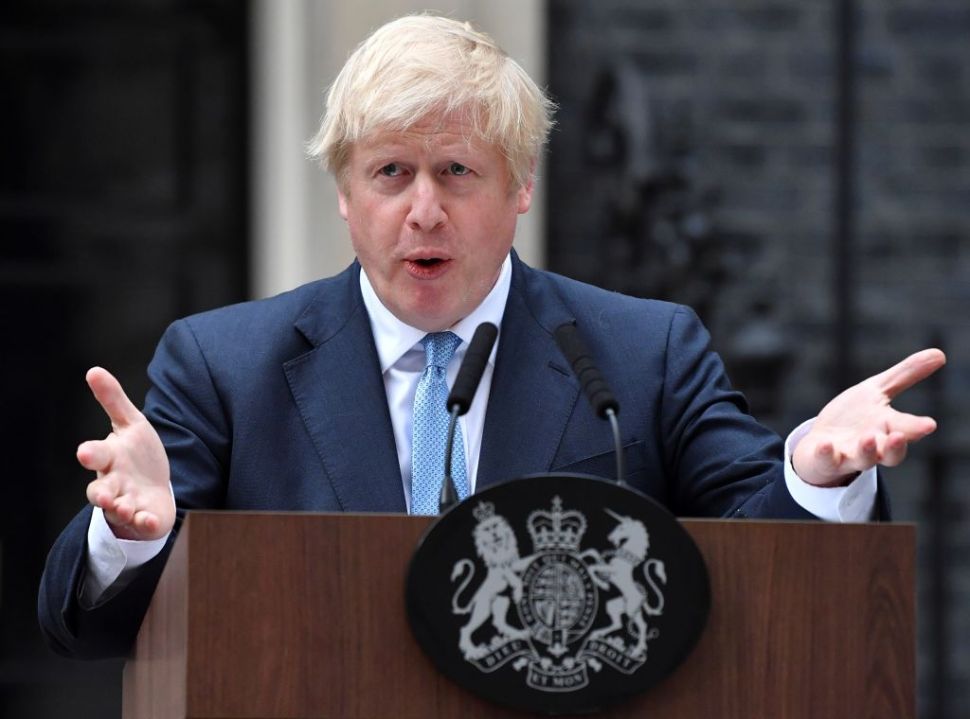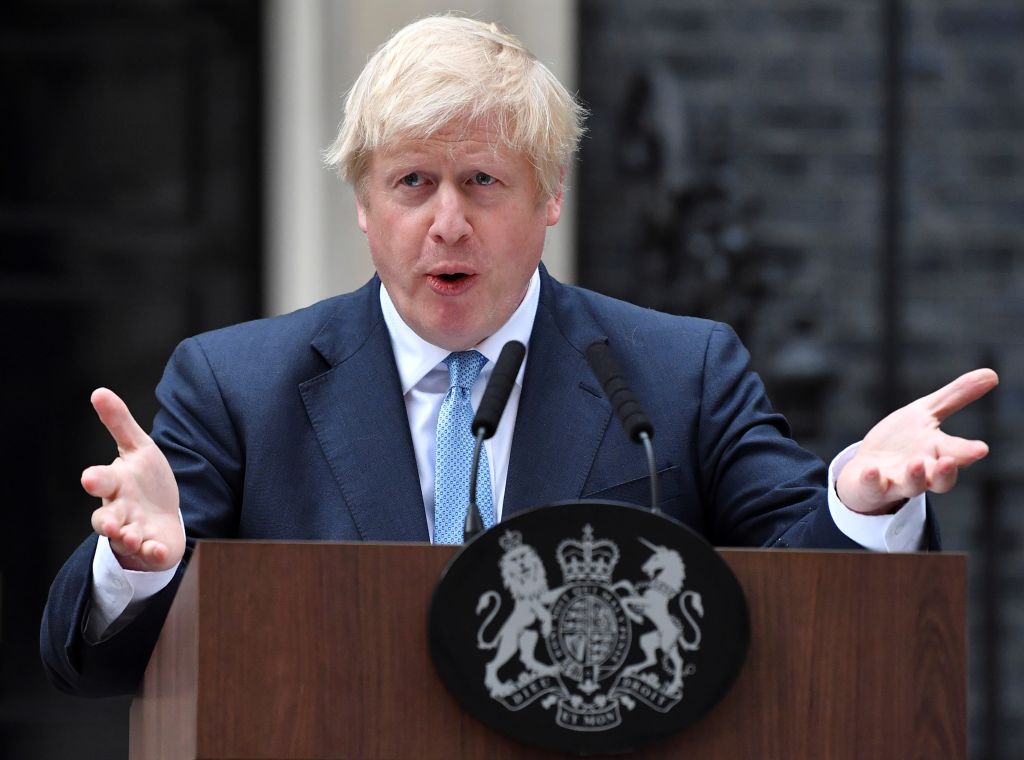Some fiddly amendments from Sir Oliver Letwin that no one quite understands. A legal action against someone or other from Gina Miller. Lots of protest marches. A petition or two – and possibly even an unreadable novella from Ian McEwan/JK Rowling/John Le Carre (delete as applicable) ranting against Brexit.
We don’t quite know yet how exactly we will fill up the latest three-month extension to the already protracted saga of our departure from the EU. It probably won’t be a great deal different from the last three months, or the three months before that. There is one thing we should know for sure by now, however. It will be very bad for the economy.
As the EU gives us until 31 January to finally work out how we want to leave, or whether we really want to get out at all, there will be plenty of people arguing that the extension will at least be good for business.
We won’t crash out with ‘no deal’ and there will be more time for companies to prepare for the exit.
And yet, under scrutiny, that doesn’t really hold up. In truth, it would be far better to simply leave on Thursday. Why? There are five reasons.
First, it would end the uncertainty. No one really knows what impact leaving the EU will have on the economy for the simple reason that no major economy has ever left before. The British economy held up remarkably well after the referendum, but in the six months since the first deadline came and went there are worrying signs that confidence and investment are starting to ebb away. By now, most companies just want to know what is happening but an extension simply postpones that yet again.
Second, most companies are ready. It is hard to believe there is any business out there that hasn’t thought about Brexit and made a plan for how to cope with it. If they need to fill in extra forms, find new suppliers or open a branch office in Dublin or Paris they have already done so. There isn’t any point to extra time. And, of course, 92 per cent of the economy isn’t that bothered because it doesn’t involve trade with the EU – but it still suffers from the political chaos
Thirdly, it would increase our leverage. For the last three years, the potential chaos of leaving with no deal has been a winning card in the negotiations – for the other side. It might be messy or it might not be. But once we are through it, we can haggle as equals.
Fourthly, we can move on with a general election. With any luck, that will produce a government that can actually govern rather than be trapped in endless arguments with Parliament about the terms of our departure.
Finally, we can get on with addressing all the other issues that matter to the economy. Even the most swivel-eyed Remainer will surely concede that membership of a big-but-not-terribly successful trade bloc is hardly the only factor determining the progress of the economy.
Tax rates, demographics, entrepreneurship, skills and infrastructure are all more important. While we argue about the EU we are not making any of the reforms we need elsewhere even though in the long-term they will matter far more.
True, there will be some damage from leaving without a deal. How much remains to be seen. But some companies will suffer and there will be some disruption.
But there will be far more damage from another three months of wrangling. It would be better for the economy simply to leave on Thursday and finally start to move on.







Comments